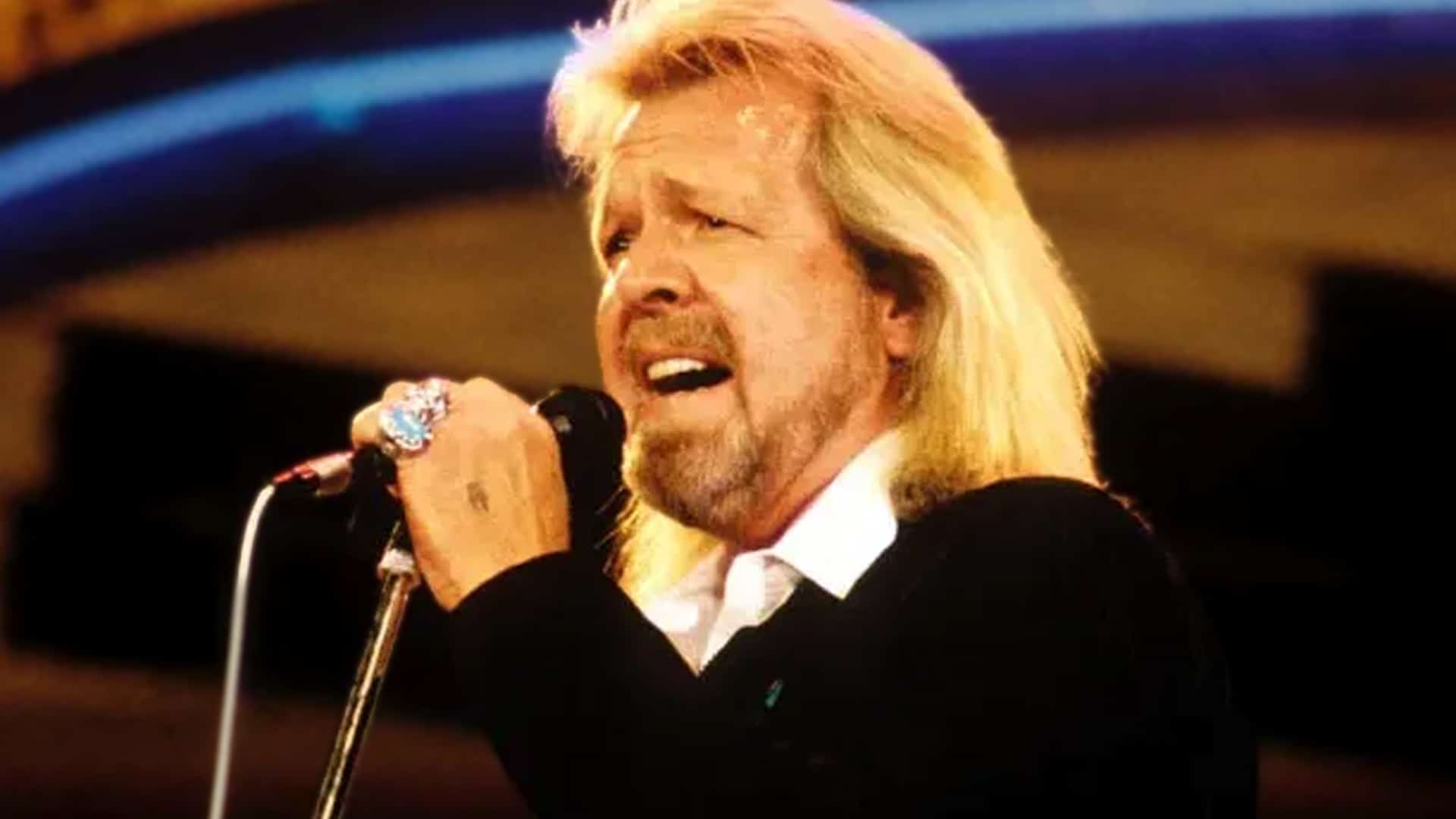He went out to shake hands with the crowd, but instead, he stepped into darkness and never toured again.

November 13, 1996, should have been another night on the road for Mel McDaniel, a veteran country star who had spent decades bringing feel-good honky-tonk to stages across America. Instead, it marked the night that ended his touring career for good. During a performance at the Heymann Performing Arts Center in Lafayette, Louisiana, McDaniel fell into an unmarked orchestra pit. The drop nearly killed him and left injuries so severe that he never fully recovered.
It was supposed to be a simple gesture. As he had done countless times before, McDaniel walked toward the crowd to hand out guitar picks and shake hands with fans. He had no idea that a seven-foot-deep pit sat just beyond the footlights. The stage lighting masked the hazard completely. “I could not see anything,” McDaniel recalled years later. “I thought it was like an auditorium or something. I did not think about there being a hole there at all. I took about four steps and down I went.”
That fall resulted in multiple fractures, internal injuries, and years of surgeries and rehab. More than a decade later, McDaniel still needed a cane to walk. Though he would return to record a final album and make limited appearances at the Grand Ole Opry, the man known for his energy and infectious stage presence could never again tour the way he had for decades.
Before that devastating moment, Mel McDaniel had lived the country singer’s dream. Born in Checotah, Oklahoma, on September 6, 1942, McDaniel fell in love with music after seeing Elvis Presley on TV. He picked up a guitar, taught himself to play, and by fifteen, he was performing at his high school talent show. From there, he hit the Tulsa honky-tonk circuit and even took an unusual detour to Alaska, where he gigged in oil field bars while refining his style.
He moved to Nashville in the 1970s and signed with Capitol Records in 1976. A few singles hinted at promise, but it was not until 1981 that things clicked. “Louisiana Saturday Night,” written by Bob McDill, reached number seven and opened the floodgates for a string of hits. Throughout the 1980s, McDaniel kept country fans dancing with songs like “Take Me to the Country,” “Big Ole Brew,” and “I Call It Love.” His signature tune, the chart-topping “Baby’s Got Her Blue Jeans On,” became a jukebox staple and earned Grammy and CMA nominations.
He joined the Grand Ole Opry in 1986, where he remained a fixture for decades. Even as his studio output slowed after his 1991 album Country Pride, his songs still spun on country radio. He was a road warrior, beloved for his upbeat shows and old-school country charm. That made what happened in 1996 all the more painful.
Worse still, McDaniel was not the first victim of that same orchestra pit. According to court records, between 1983 and 1998, nine people fell into the unguarded drop, including one man who died. The venue had a safety cover available for a small fee, but the promoter never requested it. McDaniel later sued the City of Lafayette, the event’s promoter, and the Carencro Lions Club. The case dragged on for years, but in the end, McDaniel was awarded damages after multiple appeals.
The injuries robbed him of his ability to tour, and the lawsuit could not undo the damage already done. Still, McDaniel tried to keep making music. In 2006, he released Reloaded: Tried, True and New, proving he still had stories left to tell. In 2009, he made his final Grand Ole Opry appearance, performing with Jimmy Dickens, George Hamilton IV, and The Whites. Just weeks later, he suffered a massive heart attack and was placed in a medically induced coma. He recovered, but his performing days were over.
In 2011, while battling stage 3b terminal lung cancer, McDaniel finished recording his final album, The Last Ride. He died shortly after, on March 31, at the age of 68. His legacy, however, lives on in the music. Songs like “Louisiana Saturday Night” and “Baby’s Got Her Blue Jeans On” remain classics. And for fans who packed dance halls and county fairs to hear him sing, Mel McDaniel will always be remembered as one of country music’s good-time legends.
That tragic fall did more than take away his career. It shined a light on venue safety, performer protection, and the real cost of negligence. But even in the aftermath, McDaniel did what he always did. He kept showing up, kept recording, and kept holding on to the music.
News
Cody Johnson Issues Urgent Warning To Fans Over Dangerous New AI Scams
A much-needed warning these days. As problematic as AI has gotten in the music industry over the past year from…
What Went Down Between Megan Moroney and Riley Green? Rumors Explained and How Ella Langley Fits In
Those Riley Green and Megan Moroney rumors have been swirling since 2024 — and even Ella Langley’s name has been thrown in the mix. While…
Tish Cyrus is sharing the emotional toll of enduring two life-altering events in quick succession, the death of her beloved mother and the end of her 28-year marriage to Billy Ray Cyrus.
Tish Cyrus says she was ‘just trying to survive’ after Billy Ray divorce: How Miley helped her heal Cyrus filed…
An intriguing artifact revealing the history of country music was discovered at an abandoned music venue in Arkansas when Carrie Underwood’s “rules list,” dating back over 20 years, was found.
“NO Alcohol”: A Carrie Underwood “Rules List” From Over 20 Years Ago Was Found In An Abandoned Arkansas Music Venue…
Lainey Wilson revealed the anxiety in her fiancé Duck Hodges’ heart when he asked her, “Will the wedding still happen?”
Lainey Wilson Says Her Fiancé, Duck Hodges, Has Asked Her If Their Wedding Is Actually Happening: “I’ve Got A Lot…
Erika Kirk, Tom Brady dating? Truth behind viral claim as NFL legend addresses ‘personal life’ amid Alix Earle buzz
Erika Kirk’s personal life has been in focus since she became TPUSA CEO after Charlie Kirk’s murder, and she’s often…
End of content
No more pages to load












